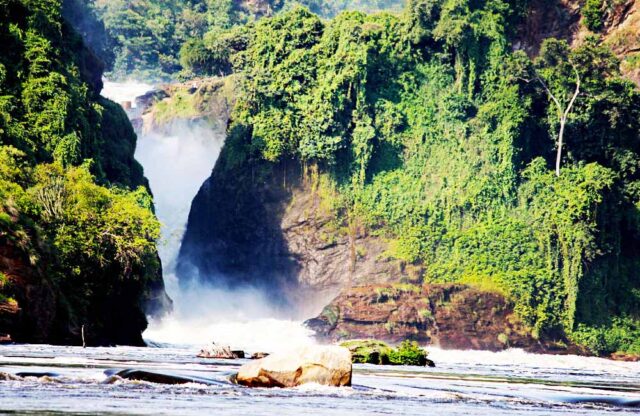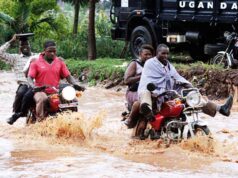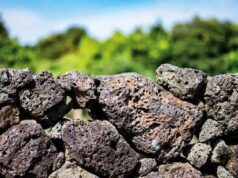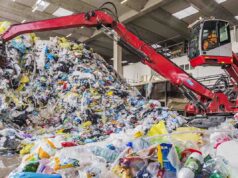By Pauline Akello
Maintenance of this goodness of the Earth must inform human stewardship in the use of the planet and its resources.
Natural resources were given to human beings to enhance their dignity and human beings are created in the image of God with equal dignity.
Biblical emphasis has to be on stewardship, not ownership; that the Earth remains the Lord’s (Psalms 24:1) and does not belong to its human inhabitants.
God cares about how we treat the Earth which He has given us for a home.
When God created man and woman, He blessed them and said to them: “Be fruitful and increase in number; fill the Earth and subdue it.
“Rule over the fish of the sea and the birds of the air and over every living creature that moves on the ground” (Genesis 1:28).
He placed Adam and Eve in the Garden of Eden “to work it and take care of it” (Genesis 2:15). These materials are produced by nature and used by mankind.
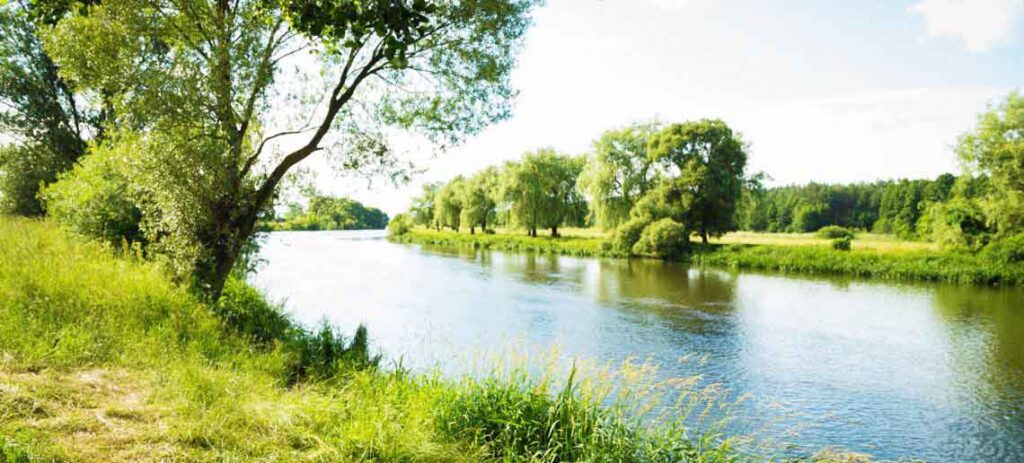
Resources at risk
Air: Contaminated air causes all kinds of health problems. Look at the smog covering our cities from factories, vehicles and garbage; it is almost impossible to breath fresh air in most of the cities.
That is why asthma and other pulmonary problems are common these days.
Vegetation such as trees provide oxygen to the planet and this magnificent resource gives us shade. It keeps cities from flooding and absorbs the carbondioxide in the air.
Unfortunately, it is also a highly coveted resource; not just the trees, but the land itself. As our cities grow, we chop down acres of forest to clear the land and it is absurd.
It is said that by 2030, we may have only 10 per cent of our rainforests left. Just imagine what happens to all the living things in the forest.
Whole ecosystems die when we clear an area. To date, over 13 million hectares of forests have been converted for other uses.
Can you imagine our world without trees? To help save trees, re-use and recycle paper, or do not use them at all.
Minerals are categorized into metallic and non-metallic.
Metallic resources are gold, silver, tin, copper, lead, zinc, iron, nickel, chromium, and aluminum.
Nonmetallic resources are: coal and petroleum, natural gas sand, gravel, gypsum, halite, Uranium, and dimension stone.
Minerals are varyingly used in the manufacturing of multiple products.
Animal life; domesticated animals, such as livestock, provide us with food, fiber, and leather.
Wild animals, including birds, fish, insects, and pollinators, are important to support the web of activity in a functioning ecosystem.

Healthy populations of animals are critical for life, but, the levels of poaching are a threat to them.
Land and Soil. Land is a very complex and often undervalued element, teeming with life.
Unfortunately, the way we currently use land and soil is not sustainable.
This has significant impacts on life. Throughout history, landscapes have always been subject to change, as a result of forces of nature and human activities.
Mountains rise and sink, rocks erode, rivers dry up or change their course, and flood plains appear and disappear.
Humankind has flattened hills, landfilled coastlines, dried wetlands, removed mountain tops for mining, created artificial lakes and dams, cut forests to create fields and grazing land, and created new landscapes.
Pollutants released have contaminated the land and soil and the atmosphere along with it.
Fresh water is a renewable resource, but somehow the world’s ground water supply is being depleted at an alarming rate.
We use water for so many of our daily activities. However, only a very small percentage of our water supply is used for drinking.
Help conserve this precious resource by closing your faucets when not in use and recycling water where you can.
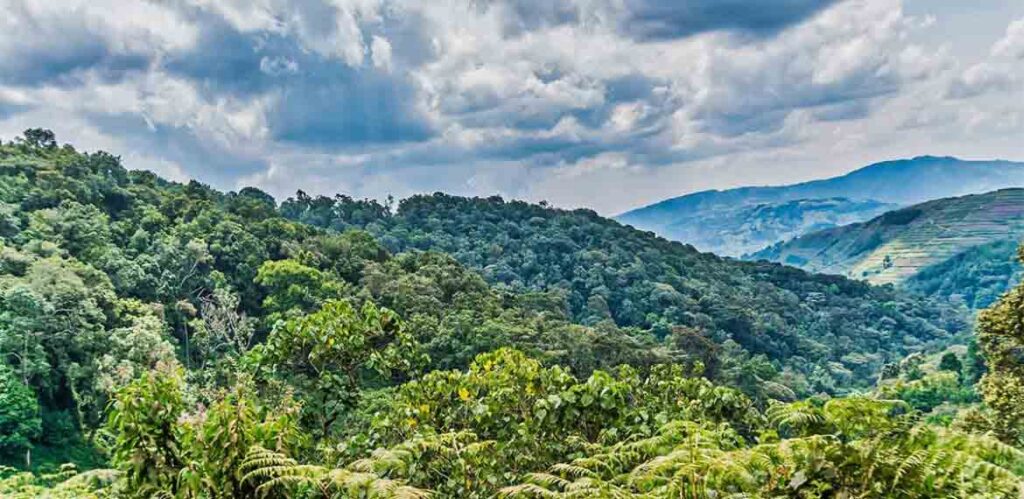
Our part
God gave us natural resources to use to make our lives better, but He also gave us the ability to exercise wisdom in the use of these resources.
The Bible also warns against the misuse of those resources or exploiting them in the wrong or greedy way.
The way we use (or misuse) our resources affects other people as well as ourselves.
If we waste the Earth’s resources today, we will be harming our children and grandchildren.
Jesus said: “In everything, do to others what you would have them do to you” (Matthew 7:12).
This can be applied to the way we treat our earth and its resources as well as our ordinary relationships.
Additional information from Conserving the Earth/National Geographic Society and World Vision Internation.
















